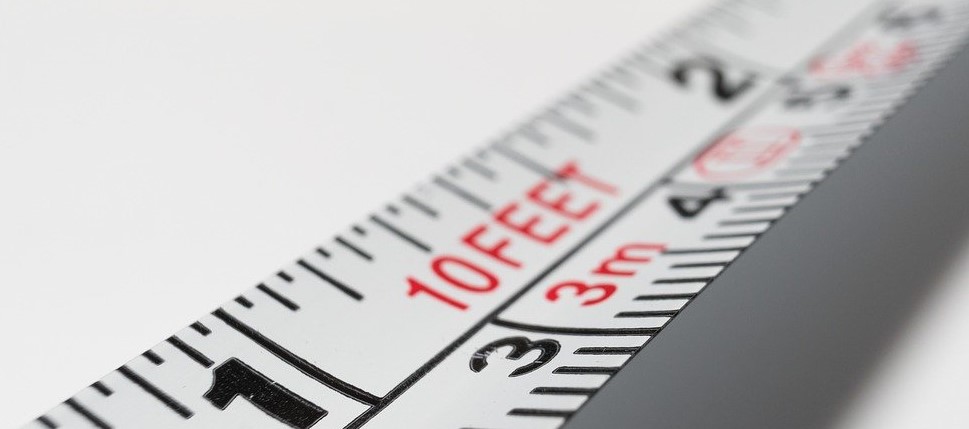What is the Proper Length of the Beard?
Answer: In the name of Allah, Most Compassionate, Most Merciful,
Assalam’aleykum, I pray this finds you in the best of states.
Jazakum Allah khayr for your question!
The reliable resources on the length of the beard are scarce.
You will find below a very useful answer on this issue by Shaykh Faraz Rabbani:
Length of the Beard
In the Name of Allah, Most Compassionate Most Merciful,
In the Durr al-Mukhtar is says that the beard’s “…sunnah length is a fistful… And as for shortening it when it is less than that, as some North Africans and effeminate men do, this is something no one [i.e. of the Hanafi scholars] has said is permitted…” Ibn Abidin concurred with this in his supercommentary Radd al-Muhtar.
The evidence, from the Prophet’s practice, and repeated instructions to, “Lengthen your beards and trim your mustaches,” [Muslim] would confirm this.
Shaykh Nuh translated some of these:
Ibn ‘Umar relates from the Prophet (Allah bless him and give him peace) that he said: “Do otherwise than those who ascribe partners to Allah (al-mushrikin): leave beards be, and trim mustaches.” And ibn ‘Umar, when he went on hajj or ‘umra, grasped his beard with his hand, and removed what was in excess of it (Sahih al-Bukhari. 9 vols. Cairo 1313/1895. Reprint (9 vols. in 3). Beirut: Dar al-Jil, n.d., 7.206: 5892 and Sahih Muslim, 5 vols. Cairo 1376/1956. Reprint. Beirut: Dar al-Fikr, 1403/1983, 1.222: 259).
Shaykh Nuh then said, “In his commentary on Sahih al-Bukhari, the great Hanafi hadith Imam Badr al-Din al-‘Ayni says:
If one objects: “What does ‘leave beards be’ mean, when ‘to leave be’ (al-i’fa’) literally means ‘to make plenteous,’ and there are people, who, if they were to leave their beard, following the outward sense of leave beards be, their beard would become outrageous in length and width, and look disgusting, so that the person would become a topic of conversation, or a proverb”–The reply is that it is established from the Prophet (Allah bless him and give him peace) that this hadith is conditioned by a specific context [i.e. the demand to do the contrary to what the Persians and non-Arabs did, established by the first words of the hadith], and that the amount and definition of the beard that is unlawful to leave uncut have been differed upon by the early Muslims . . . . The meaning, in my opinion, is “as long as it does not exceed what is customary among [religious] people.” ‘Ata’ [ibn Abi Rabah, Mufti of Mecca, d. 114/732), has said, “There is no harm in trimming a little from the length and sides of his beard, if it grows large and long, in order to avoid notoriety, or if one risks being made fun of” (‘Umda al-qari sharh Sahih al-Bukhari. 20 vols. Cairo: Mustafa Babi al-Halabi, 1392/1972, 18.76)
As one scholar used to say, “This is all I have, and that which others have may well be much better.”
[Shaykh] Faraz Rabbani.
And Allah knows best.
I hope that the above answers your question. If something is unclear please do not hesitate to ask again.
May Allah Most High grant you the best of this world and the next. Please keep us in your du’as!
Wassalam
[Ustadh] Sufyan Qufi
